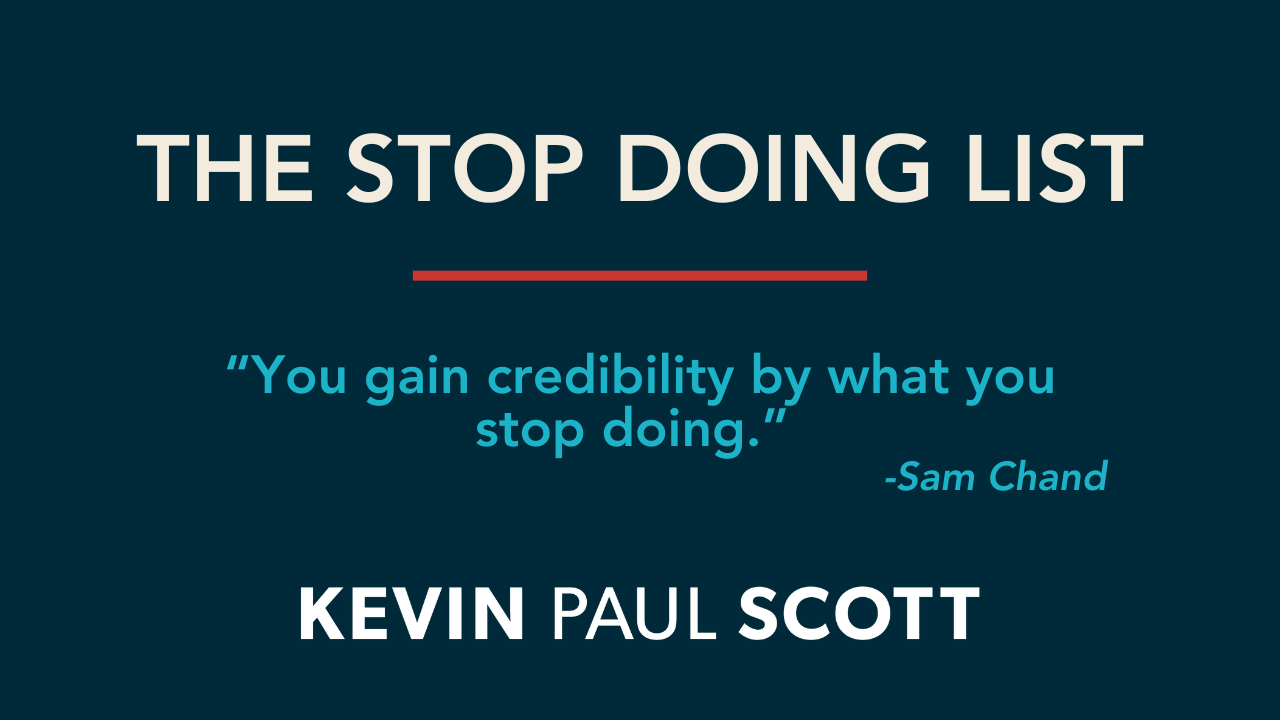But financial capital is just one of the many types of capital.
There’s manufactured capital, which for a company could be buildings, technology, tools, machines, and even systems in place to help run the business.
Intellectual capital is a person’s knowledge, competencies, or even expertise based on their education or unique set of experiences. Human capital is the collective group of people in an organization and the strengths and skills they bring to the table. And yes, there are even more types of capital!
But today, I am going to talk about social capital.
Your social capital are the meaningful connections you’ve made with people in your personal and professional life. This might sound simple and superficial, but these connections are vital to our success. And social capital isn’t just important for someone in sales. Author Tim Sanders famously said,
“Your network is your net worth.”
To be clear, your social capital is not reflected in the stack of random business cards you have accumulated on your desk from people you’ve met once at different conferences throughout your career. Your social capital is more accurately reflected by the group of individuals you can pick up the phone and call if you need something.
We could all use more of that, right?
So how do we go about that? Creating meaningful connections looks a lot like building friendships. Zig Ziglar said, “If you go out looking for friends, you're going to find they are very scarce. If you go out to be a friend, you'll find them everywhere.” If you’re trying to build social capital with a self-centered mentality (What can this person do for me?), you’ll find your network crumbles quickly. However, if you set out with the hope to help, encourage, and invest in others, you’ll find it much easier (and more enjoyable) to build and maintain relationships.
With this in mind, here are five strategies to help you build your social capital:
1. Set aside time to connect.
Building social capital takes intentionality and thought. Consider who you would like to get to know and take the first step: pick up the phone, schedule the meeting, offer to take them to lunch. And after your first meeting, follow up. Find ways to keep the conversation going and remind yourself to do so. Taking the time to make these touchpoints will help deepen each connection.
2. Build your network before you need it.
You don’t have to be in the prime of your career (or even know what you’ll be doing in the next five years) to have a robust network. Start as early as you can. If there are any high schoolers reading (thank you!) and start building your network now! Get to know people you admire, ask them good questions, and take their good advice. You never know how they could be in your corner (and you could be in theirs) in the future.
3. Form relationships with others outside of your industry and sphere of influence.
Get to know other people whose lives look different than yours. Learn from leaders in other industries and glean insights from people you wouldn’t normally rub shoulders with. These connections might be more difficult to initiate, so be intentional when you run into someone different from you that you want to get to know.
4. Establish credibility.
Be the kind of person others trust to get things done. The best way to be credible is to keep your commitments. Do what you say you’re going to do. Be reliable, and ultimately, trustworthy. Proving your credibility in these relationships will be the most important factor in maintaining them and making them mutually beneficial for years to come.
The best way to be credible is to keep your commitments.
5. Pay it forward.
Be genuinely willing to help others. Don’t always have the mindset of “What can this relationship do for me?” But consider how you could invest in this relationship or help this individual in their professional or personal life.
Remember, social capital is valuable for everyone—from the CEO to the stay-at-home parent. Building deep relationships helps us thrive where we are and gives us an outlet to pour into others. We all need people in our lives to help us, challenge us, and encourage us on our journeys.
Spend some intentional time on your social capital this week. I can promise you that it will be time well spent.

























.svg)




